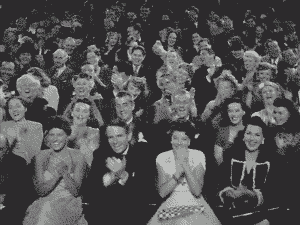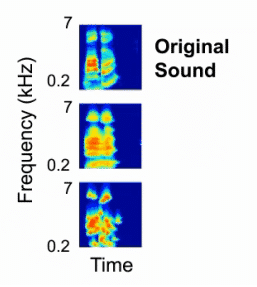During a function, people are often found clapping their hands to congratulate, inspire or cheer up. We believed that people clap their hands because they have enjoyed something. But according to a news study, when people clap at a performance, they’re not really driven by how much they enjoyed what they saw, instead they decide how long to applaud based on the applause they hear around them.
A group of researchers containing mathematicians and biologists from Sweden and Germany had small groups of college students who were selected to listen to two different PowerPoint presentations. After that, they recorded when everyone started and stopped applauding. Researchers found that by the time some people had start applauding, a certain number of others had already stopped. Researchers also found that “people are more likely to clap if a greater proportion of the room is already clapping” and “people start clapping when people near them start clapping.,”
According to researchers clapping is really just as infectious as a great gif or a communicable disease. However, the researchers have written a paper which has been published in the Journal of the Royal Society Interface. For more details, visit PopSci.
Source: PopSci
[ttjad keyword=”adobe-software”]



